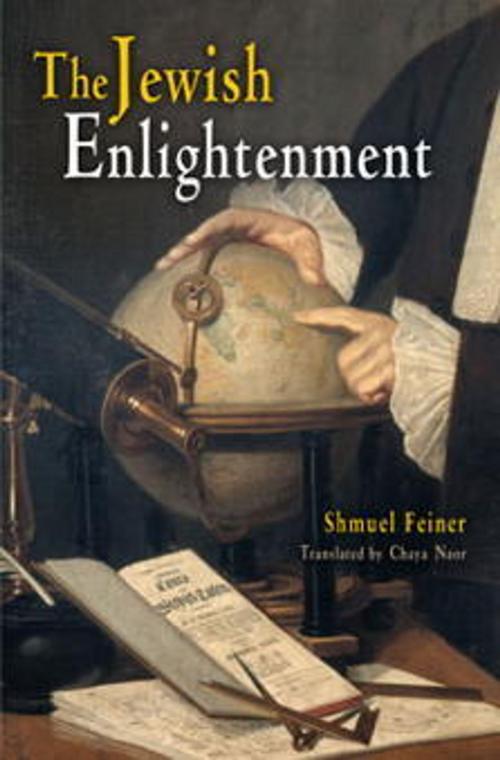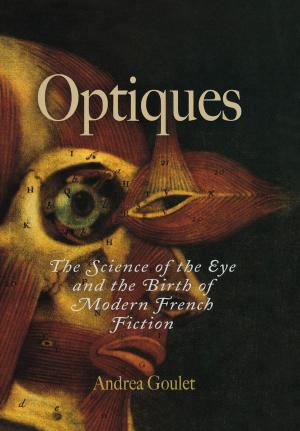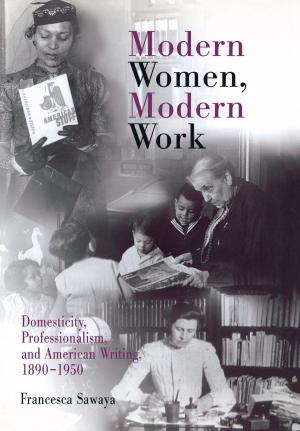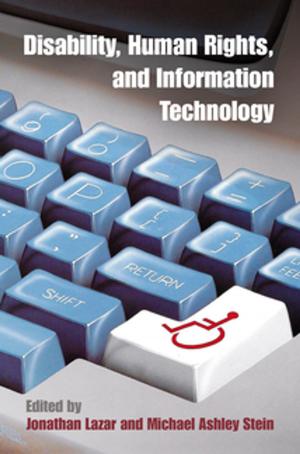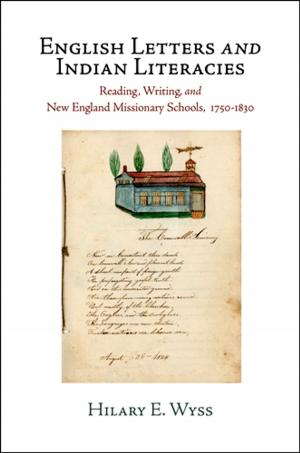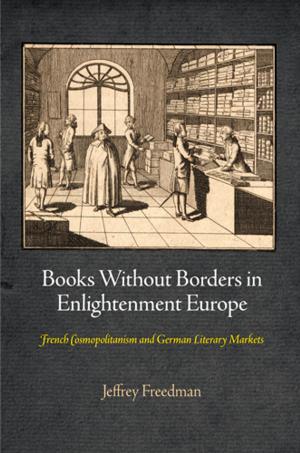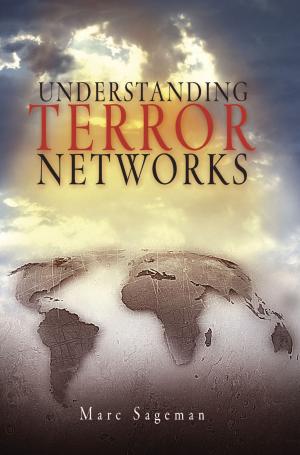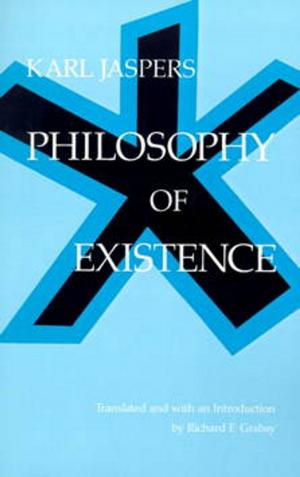The Jewish Enlightenment
Nonfiction, Religion & Spirituality, Judaism, History, Jewish, Social & Cultural Studies, Social Science| Author: | Shmuel Feiner | ISBN: | 9780812200942 |
| Publisher: | University of Pennsylvania Press, Inc. | Publication: | August 17, 2011 |
| Imprint: | University of Pennsylvania Press | Language: | English |
| Author: | Shmuel Feiner |
| ISBN: | 9780812200942 |
| Publisher: | University of Pennsylvania Press, Inc. |
| Publication: | August 17, 2011 |
| Imprint: | University of Pennsylvania Press |
| Language: | English |
At the beginning of the eighteenth century most European Jews lived in restricted settlements and urban ghettos, isolated from the surrounding dominant Christian cultures not only by law but also by language, custom, and dress. By the end of the century urban, upwardly mobile Jews had shaved their beards and abandoned Yiddish in favor of the languages of the countries in which they lived. They began to participate in secular culture and they embraced rationalism and non-Jewish education as supplements to traditional Talmudic studies. The full participation of Jews in modern Europe and America would be unthinkable without the intellectual and social revolution that was the Haskalah, or Jewish Enlightenment.
Unparalleled in scale and comprehensiveness, The Jewish Enlightenment reconstructs the intellectual and social revolution of the Haskalah as it gradually gathered momentum throughout the eighteenth century. Relying on a huge range of previously unexplored sources, Shmuel Feiner fully views the Haskalah as the Jewish version of the European Enlightenment and, as such, a movement that cannot be isolated from broader eighteenth-century European traditions. Critically, he views the Haskalah as a truly European phenomenon and not one simply centered in Germany. He also shows how the republic of letters in European Jewry provided an avenue of secularization for Jewish society and culture, sowing the seeds of Jewish liberalism and modern ideology and sparking the Orthodox counterreaction that culminated in a clash of cultures within the Jewish community. The Haskalah's confrontations with its opponents within Jewry constitute one of the most fascinating chapters in the history of the dramatic and traumatic encounter between the Jews and modernity.
The Haskalah is one of the central topics in modern Jewish historiography. With its scope, erudition, and new analysis, The Jewish Enlightenment now provides the most comprehensive treatment of this major cultural movement.
At the beginning of the eighteenth century most European Jews lived in restricted settlements and urban ghettos, isolated from the surrounding dominant Christian cultures not only by law but also by language, custom, and dress. By the end of the century urban, upwardly mobile Jews had shaved their beards and abandoned Yiddish in favor of the languages of the countries in which they lived. They began to participate in secular culture and they embraced rationalism and non-Jewish education as supplements to traditional Talmudic studies. The full participation of Jews in modern Europe and America would be unthinkable without the intellectual and social revolution that was the Haskalah, or Jewish Enlightenment.
Unparalleled in scale and comprehensiveness, The Jewish Enlightenment reconstructs the intellectual and social revolution of the Haskalah as it gradually gathered momentum throughout the eighteenth century. Relying on a huge range of previously unexplored sources, Shmuel Feiner fully views the Haskalah as the Jewish version of the European Enlightenment and, as such, a movement that cannot be isolated from broader eighteenth-century European traditions. Critically, he views the Haskalah as a truly European phenomenon and not one simply centered in Germany. He also shows how the republic of letters in European Jewry provided an avenue of secularization for Jewish society and culture, sowing the seeds of Jewish liberalism and modern ideology and sparking the Orthodox counterreaction that culminated in a clash of cultures within the Jewish community. The Haskalah's confrontations with its opponents within Jewry constitute one of the most fascinating chapters in the history of the dramatic and traumatic encounter between the Jews and modernity.
The Haskalah is one of the central topics in modern Jewish historiography. With its scope, erudition, and new analysis, The Jewish Enlightenment now provides the most comprehensive treatment of this major cultural movement.
